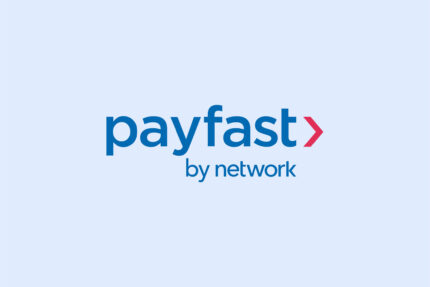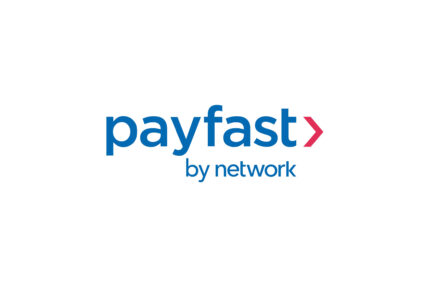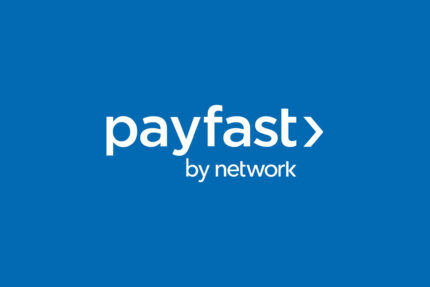With the increased threat of COVID-19, South Africans are being encouraged to stay home and shop online. Over the past year, local retailers have improved the safety and convenience of their ecommerce platforms, allowing customers to avoid exposure via queues and physical contact. Online payment gateway PayFast, advises taking extra precautions to mitigate risk when making purchases through your smartphone or desktop.
“Before making any online purchase, your first priority is to verify the legitimacy of the merchant you’re buying from. Doing the research beforehand can save you the trouble of trying to get your money back after you’ve paid, which is considerably more difficult,” says Managing Director and Founder of PayFast, Jonathan Smit.
The company suggests taking the following safety precautions when shopping online:
- Only make purchases through secure websites: Ensure that you are on a secure domain before entering any confidential information such as your payment details. Look out for the ‘S’ in HTTPS at the start of the website’s URL, which is found in the address bar at the top of your browser. Depending what browser you use, you will see a padlock in the left-hand side in the address bar.
- Read the returns and refund policy: The merchant is responsible for dealing with your order. If an issue occurs with your order, such as if you decide to cancel your order or it never arrives, you should know what your rights are and how you can expect the merchant to assist.
- Read customer reviews: Take a look at comments on the merchant’s social media pages and read customer reviews on Google to ensure that the company has a good history of delivering products as promised. If something sounds too good to be true, it probably is.
- Check out using secure payment options: Look up reviews on the payment options on offer, before committing to checkout. You should always choose to checkout and pay with a payment method that you are familiar with and trust.
- Don’t store your credit card information in a browser: When shopping online you may be prompted to save your card details. This could be either a pop-up message within your browser or when checking out on an ecommerce website. By doing this, you could risk exposing your cardholder details to other users of the device or put yourself at risk if the device is stolen.
- Save cardholder details to Payment Card Industry (PCI) verified merchant websites: Many websites give you an option to save your details with a tokenised ‘single-click’ style payment facility, to speed up the checkout process on future purchases. This is considered safe when the site you are using is PCI accredited, or if they hand off these requirements to a PCI DSS Level 1 payment processor, such as PayFast.
“Besides offering a convenient and time saving way to make purchases, online shopping provides customers with an opportunity to support their favourite local stores, without putting anyone at risk. It’s up to us as consumers to play our part in fighting the third wave of COVID-19 – this is one of the simplest ways to do so,” says Smit.
In 2019 PayFast became part of the DPO Group, spurring the growth of the largest African payment service provider. As South Africa’s leading online payment gateway, the company enables easy, secure and instant transactions helping online businesses succeed in the digital economy. PayFast offers merchants a variety of payment methods to better serve their customers including credit cards, Instant EFT, debit card, Mobicred and Scode. For more information visit payfast.io




